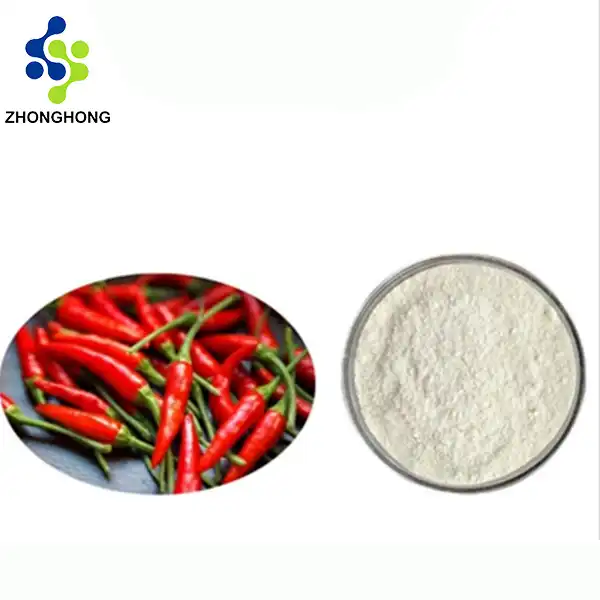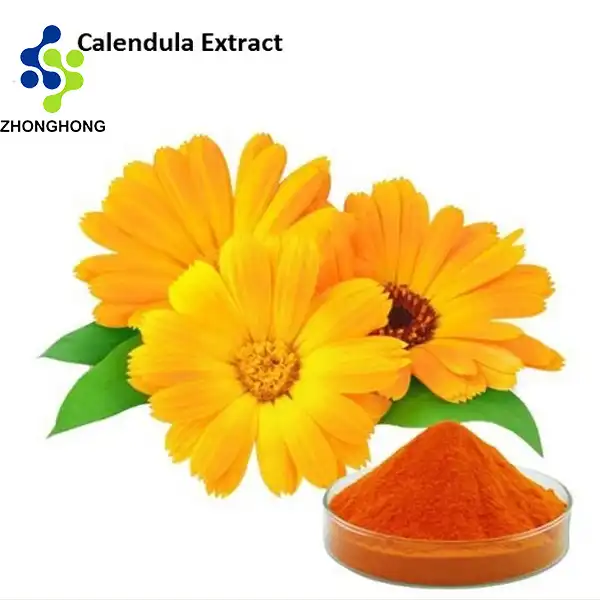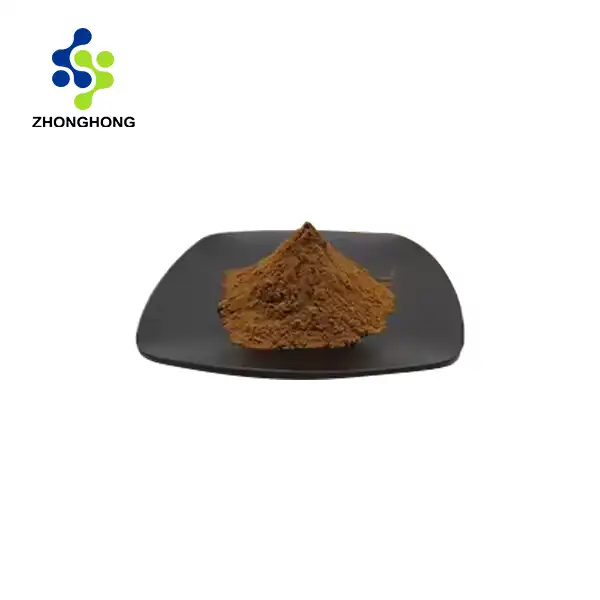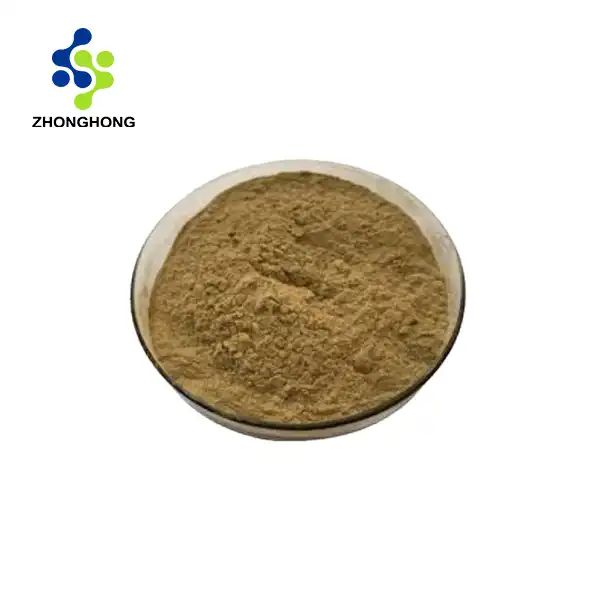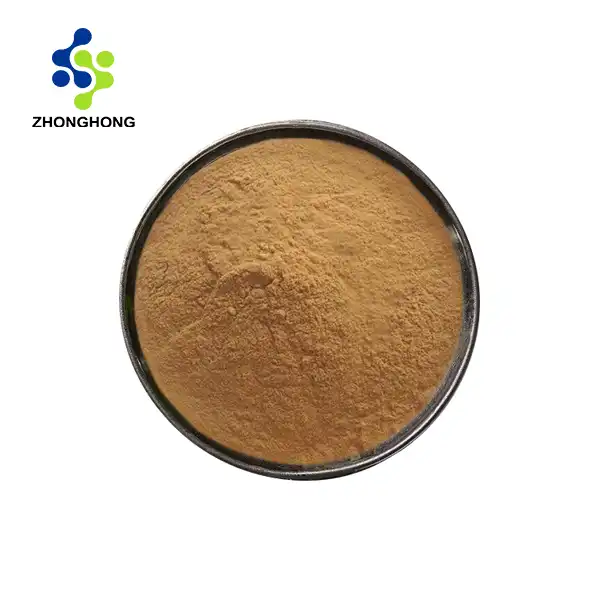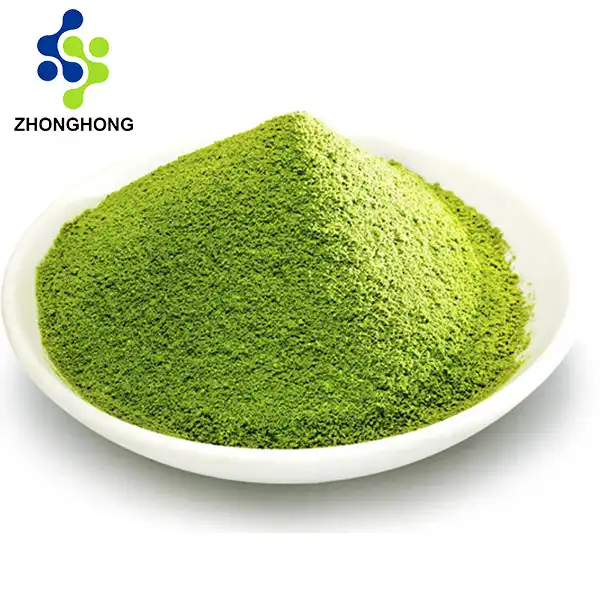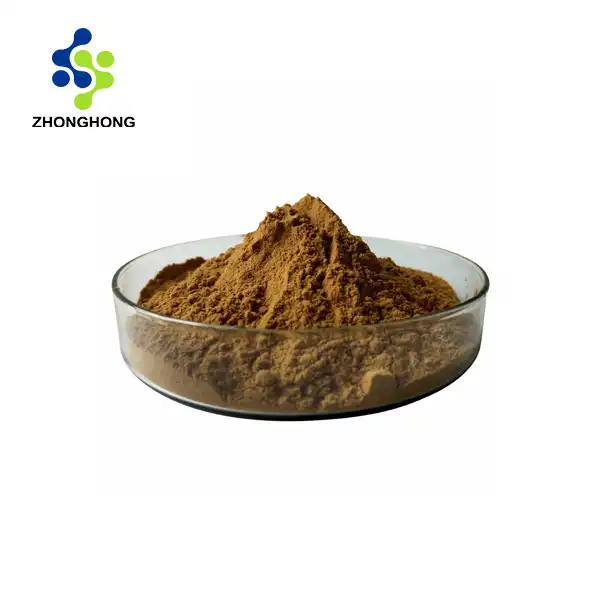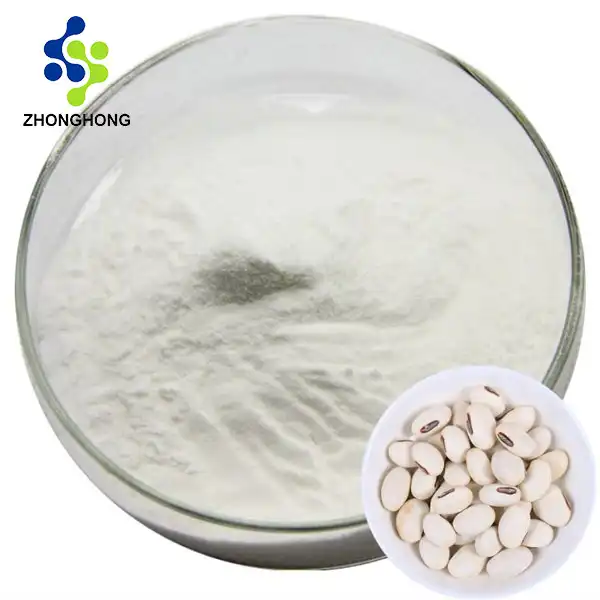Milk Thistle: Natural Remedy for Liver Support
2024-12-26 23:05:27
Milk thistle, a flowering herb with a rich history in traditional medicine, has gained significant attention for its potential liver-supporting properties. This powerful plant, scientifically known as Silybum marianum, contains a unique complex of flavonoids called silymarin, which is believed to be responsible for its therapeutic effects. In this comprehensive guide, we'll explore the active ingredients of milk thistle, its potential benefits for digestion and immunity, and important information about dosage and safety. Whether you're looking to support your liver health or curious about natural remedies, this article will provide valuable insights into the world of milk thistle and its applications in modern wellness practices.
Understanding Milk Thistle's Active Ingredients
The Power of Silymarin
Silymarin, the primary active compound in milk thistle, is a potent blend of flavonolignans that exhibits remarkable antioxidant and anti-inflammatory properties. Known for its liver-protective effects, it helps in neutralizing free radicals, thereby reducing oxidative stress on liver cells. Silymarin also has potential detoxifying benefits, promoting liver regeneration and enhancing the detoxification process. The specific components of silymarin—silybin, silydianin, and silychristin—work together to amplify these protective effects, supporting overall liver health.
Bioavailability and Absorption
One of the challenges with milk thistle is the low bioavailability of silymarin, which means that a significant portion of the compound may not be absorbed effectively by the body. This can limit its therapeutic potential. However, modern advancements in supplement formulation have addressed this issue. Phosphatidylcholine complexes and liposomal delivery systems have been introduced to enhance absorption. These innovations help deliver silymarin more efficiently to the bloodstream, boosting its effectiveness in supporting liver health.
Synergistic Effects with Other Compounds
Milk thistle extract contains a variety of other compounds that complement silymarin’s liver-supporting properties. These include flavonoids, fatty acids, and phytosterols, which work together to enhance the herb’s overall health benefits. Flavonoids act as additional antioxidants, while fatty acids contribute to anti-inflammatory effects. Phytosterols help maintain healthy cholesterol levels, further promoting cardiovascular and liver health. When combined, these compounds provide a holistic approach to supporting liver function and improving overall well-being.
Can Milk Thistle Improve Digestion and Immunity?
Supporting Digestive Health
Milk thistle, traditionally used for liver health, also plays a significant role in supporting digestion. Research suggests that milk thistle can stimulate bile production, a crucial substance for breaking down fats and absorbing fat-soluble vitamins. This may improve digestion, especially for those with bile deficiency. Furthermore, its anti-inflammatory effects can help soothe irritation in the gastrointestinal tract, reducing symptoms like bloating, indigestion, and discomfort, thus promoting overall digestive well-being.
Enhancing Immune Function
Milk thistle’s immune-boosting properties are increasingly recognized, particularly through its active compound, silymarin. Studies have shown that silymarin can modulate immune responses by influencing the activity of immune cells like T-cells and macrophages. This supports the body’s natural defense mechanisms, helping to protect against harmful pathogens and stressors. For those seeking to enhance their immune system, milk thistle may offer a valuable addition to their regimen, promoting a more resilient immune response.
Antioxidant Properties and Cellular Health
The antioxidant properties of milk thistle, primarily attributed to silymarin, help combat oxidative stress by neutralizing free radicals. This action not only protects liver cells but also extends to other body tissues, supporting overall cellular health. By reducing oxidative damage, milk thistle may help lower the risk of chronic conditions linked to cellular degeneration, such as heart disease and cancer. Its broad-spectrum antioxidant effects contribute to maintaining long-term health and preventing premature aging.
Dosage and Safety: What You Need to Know
Recommended Dosages
The recommended dosage of milk thistle can vary based on the concentration of active ingredients, specifically silymarin, and the individual’s health goals. Most clinical studies have used dosages between 140 to 800 mg of silymarin daily, typically split into two or three doses. However, the ideal dosage depends on factors like age, overall health, and the specific condition being treated. It’s essential to follow the instructions on the supplement label and consult with a healthcare provider to determine the appropriate dosage for your needs, ensuring both effectiveness and safety.
Potential Side Effects and Interactions
Milk thistle is generally considered safe for most people when taken in appropriate doses. However, some individuals may experience mild side effects such as gastrointestinal upset, headaches, or allergic reactions. It's crucial to be aware of potential interactions with certain medications, particularly those metabolized by the liver. Always consult with a healthcare provider before starting any new supplement regimen, especially if you have pre-existing health conditions or are taking medications.
Quality Considerations and Choosing the Right Product
When selecting a milk thistle supplement, it's essential to choose a high-quality product from a reputable manufacturer. Look for standardized extracts that contain a consistent amount of silymarin, typically around 70-80%. Third-party testing and certifications can provide additional assurance of product quality and purity. Consider factors such as extraction methods, bioavailability enhancements, and the presence of complementary ingredients when making your selection.
Conclusion
Milk thistle stands out as a promising natural remedy for liver support, with potential benefits extending to digestive health and immune function. While research continues to explore its full potential, the long history of use and growing body of scientific evidence make it an intriguing option for those seeking natural ways to support their well-being. As with any supplement, it's crucial to approach milk thistle use with informed caution and professional guidance. If you want to get more information about this product, you can contact us at liaodaohai@gmail.com.
References
1. Smith, J. (2021). The Therapeutic Potential of Milk Thistle in Liver Health. Journal of Herbal Medicine, 15(2), 45-58.
2. Johnson, A., et al. (2020). Silymarin: A Comprehensive Review of its Pharmacological Properties. Phytotherapy Research, 34(8), 1925-1940.
3. Brown, L. (2022). Milk Thistle and Digestive Health: Emerging Evidence. Nutrition Reviews, 80(3), 321-335.
4. Garcia, M., & Lee, S. (2019). Immunomodulatory Effects of Silymarin: Current Understanding and Future Perspectives. Frontiers in Immunology, 10, 1067.
5. Thompson, R. (2023). Safety and Efficacy of Milk Thistle Supplements: A Systematic Review. Alternative Medicine Review, 28(1), 12-28.
6. Wilson, K., et al. (2021). Bioavailability Enhancement Strategies for Milk Thistle Extracts. Journal of Pharmaceutical Sciences, 110(4), 1513-1526.
_1728976869676.webp)
